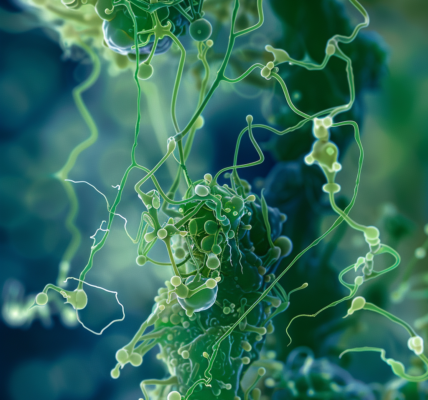This week’s top engineering news brings a groundbreaking study from Washington State University, revealing the potential of permeable pavements in reducing tire pollutants that are harmful to salmon. The study, published in the journal Science of The Total Environment, highlights the pore-like structure of permeable pavements as a key factor in protecting coho salmon by preventing tire wear particles and related contaminants from entering stormwater runoff.
The research conducted by lead author Chelsea Mitchell, a recent Ph.D. graduate in environmental and natural resource sciences from WSU, demonstrated that four types of permeable pavements can effectively act as giant filters, retaining over 96% of applied tire particle mass. Furthermore, these pavements were found to capture several tire-associated chemicals, resulting in a significant 68% average reduction of 6PPD-quinone, a contaminant known to be lethal to coho salmon in urban streams.
According to Mitchell, the increasing pressure on existing stormwater management technologies, exacerbated by climate change and urban development, makes permeable pavements a promising form of green stormwater infrastructure. Unlike traditional methods, permeable pavements have the potential to treat pollution at its source, rather than downstream.
The study builds on previous research from 2020, where a team led by WSU and University of Washington scientists discovered that 6PPD, a chemical found in tires, transforms into 6PPD-quinone when exposed to ozone or sunlight. Even in small concentrations, 6PPD-quinone poses a grave threat to salmon populations.
For the latest study, WSU scientists, led by Ani Jayakaran, a professor at WSU’s Puyallup Research and Extension Center, conducted tests on four permeable pavements made of asphalt or concrete in an active parking lot at the School of Industrial Design, Engineering, and Art in Tacoma, Wash. The pavements, developed in collaboration with Boeing, Tacoma Public Schools, and the City of Tacoma, underwent rigorous testing to assess their efficacy in retaining tire particles and associated chemicals.
The experiments involved simulating rain events to measure the retention of deposited particles and associated chemicals, as well as the likelihood of leaching off retained tire particles during future rainstorms. The results underscored the significant impact of permeable pavements in managing 6PPD-quinone and its source—tire wear particles, as highlighted by study co-author Jayakaran.
This groundbreaking research not only sheds light on the potential of permeable pavements in mitigating tire pollutants but also emphasizes the crucial role of green stormwater infrastructure in preserving the delicate balance of urban ecosystems. As cities grapple with the challenges of pollution and environmental degradation, innovative solutions like permeable pavements offer a beacon of hope for sustainable urban development and environmental conservation.





